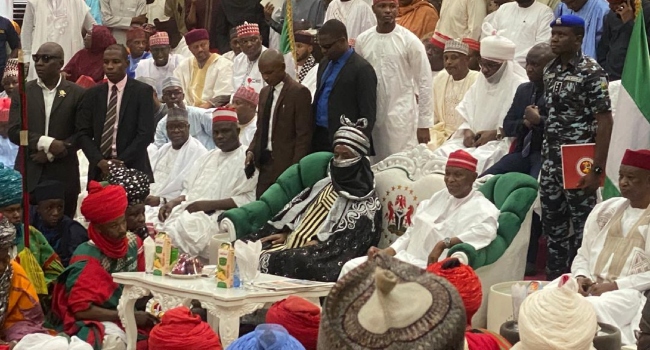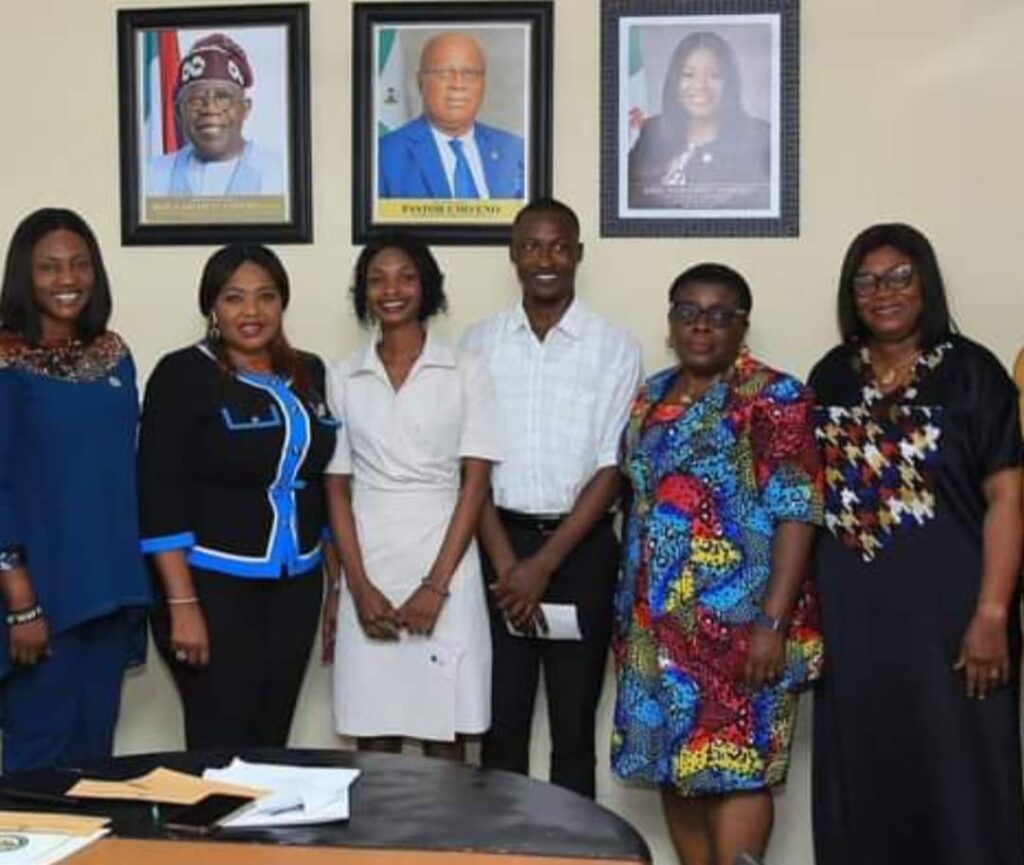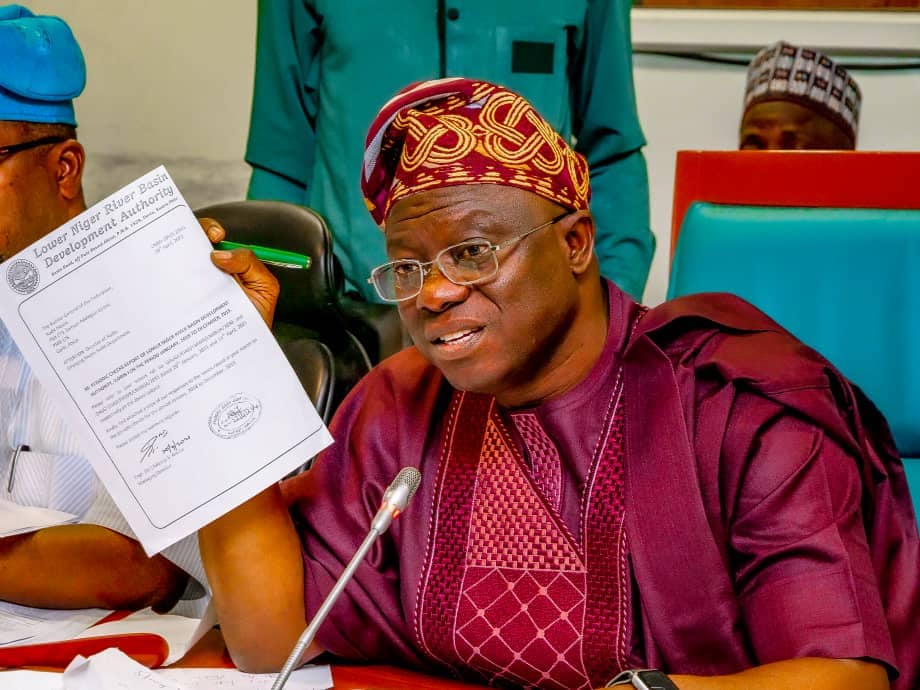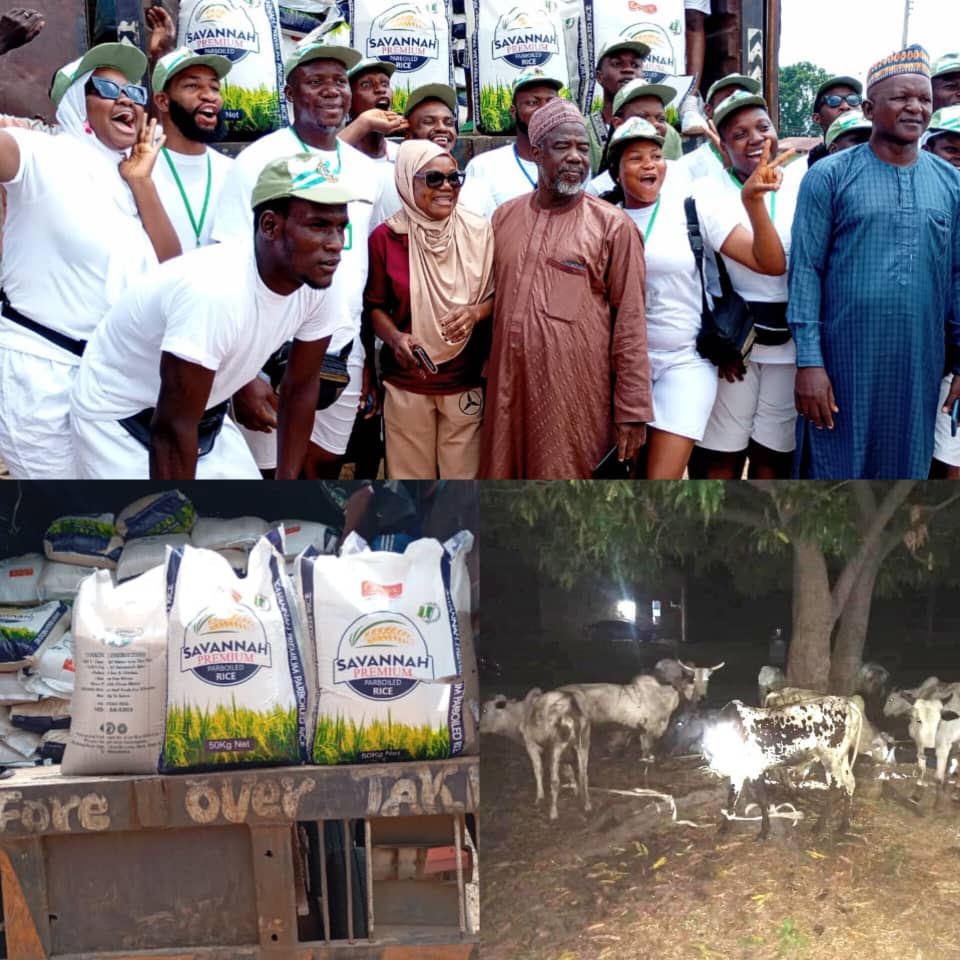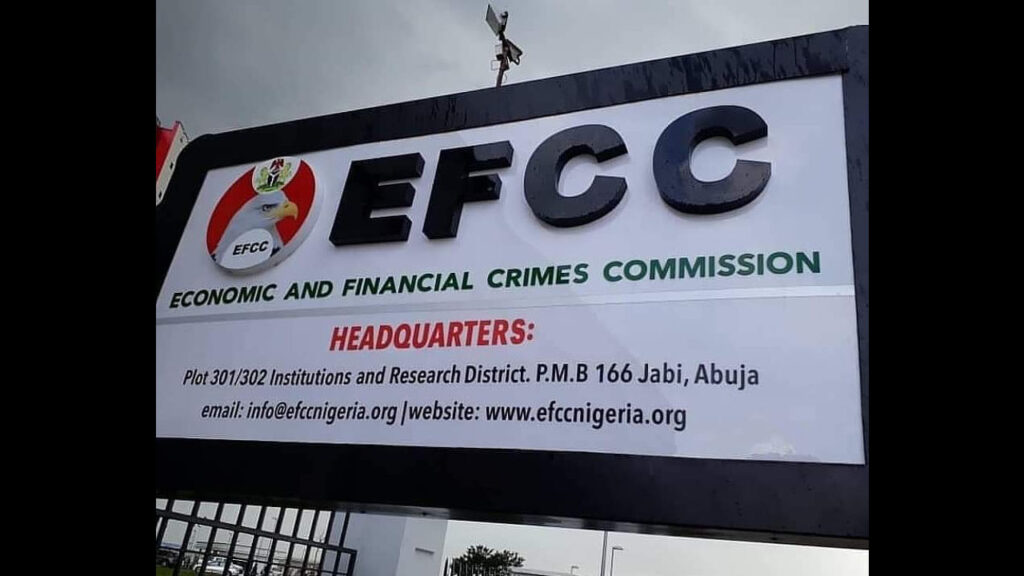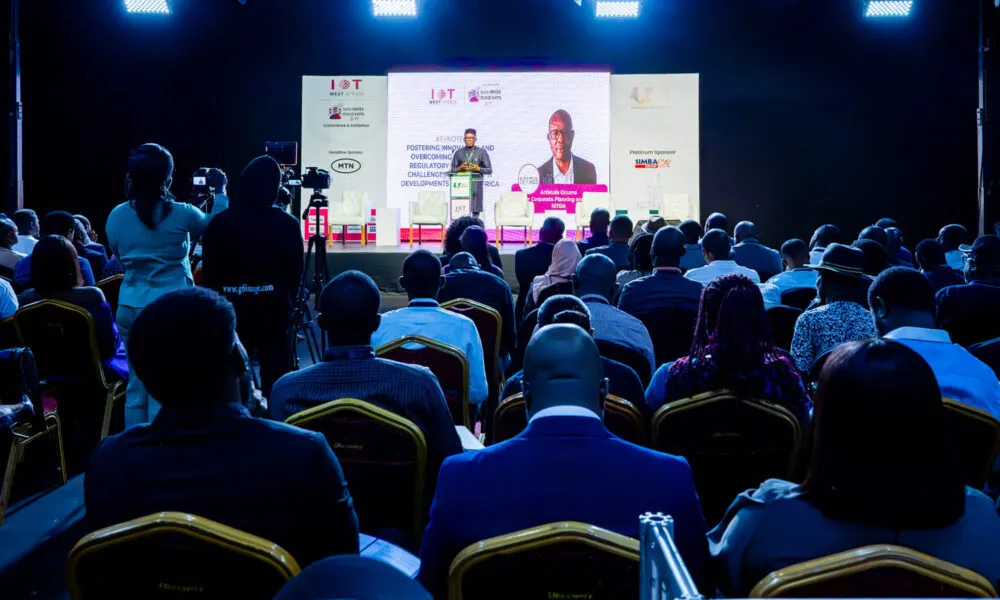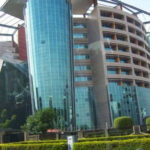
As Nigeria continues to focus on the digital creative sector, YouTube has revealed that more still needs to be done. The streaming platform revealed that the digital creative space contributed less than five per cent to the Gross Domestic (GDP) in Africa.
YouTube Product Marketing Manager, Sub-Sahara Africa, Adetutu Laditan, revealed this in Lagos during the graduation of 400 creators in the maiden edition of Made For You, a YouTube programme that focuses on training young creators in Sub-Saharan Africa.
For eight weeks, YouTube trained the young creators on content strategy, the importance of storytelling, monetisation, and technical skills, including setting up production, lightning, collaboration and others.
During the programme, the platform gave the creators, who must have at least 1,000 subscribers before they joined the programme, a unique challenge and they were mandated to create at least one YouTube shot a week. By doing so, their channels grow.
For the maiden edition, YouTube trained 8,000 young creators in three countries; Nigeria, Kenya and South Africa.
The platform said that to grow the creative sector in Africa, there must be continued support for young creative talents and help them harness the opportunities to create employment and make a living.
Speaking during the graduation ceremony held at The Hall, Victoria Island, Lagos, Laditan, said it was designed because the platform saw the need to help creators struggling to build their brands and monetise their channels.
Asked about the worth of the Nigerian content creation ecosystem, she said: “The creative economy is one of the biggest drivers of employment with a growing population of young creators.
Every young person, including their moms, wants to be the creator because there are opportunities for them to monetise their talent and build a global brand.
And on why YouTube decided to invest in the progamme, she said: “The engine of YouTube is creator-based and we began to see the importance of supporting creators to thrive on the platform.”
On the contribution of the digital creative sector to the GDP, she said: “The creative economy is in its early stages and that is why this programme is important because a lot of young creatives are coming online but they do not even understand how to maximise the value for building brands and making on the platform.
“The creative digital ecosystem of Africa,” she said, “contributes less than five per cent to the GDP.
When asked about the aftermath of the graduation, she said: “After this programme, they will be part of a global community managed by YouTube. So in the community, they will have a dedicated partner manager, which they would never have had.There is somebody on the YouTube team they can reach out to, and consult on strategy and issues. They get all the perks associated with our community.
At some point, we are going to get them mentorship opportunities.
Speaking also, TAIWO: Communication and public relations manager, West Africa, Google, Taiwo Kola-Ogunlade, said: Africa is a storytelling community and we are natural entertainers. What platforms like YouTube provide is an opportunity for people to export and showcase the best of Africa to the world so, it’s a technology platform that allows us and createopportunity.
But not many young people understand how to use these platforms, which is why programmes like this are critical. We need to make sure that they have the technical know-how to be able to navigate, create content, edit it, and put it in the right form. One of the good things about this programme is that they got an opportunity in addition to training, to learn from people who are already succeeding on the platform.
“Africa has the stories; Africa has the content to export. There is now the technology to do it. We have to train our people to be able to leverage that technology to export, make money and contribute to the economy.
“The current government is paying so much attention to the creative economy. There’s an entire ministry working around that.
Speaking with The Guardian, one of the graduands, Vivian Rasheed, said: “I used to create once in a blue moon before this programme but the programme has pushed me to do more and reach more levels. I can now make content every day.
“This programme has helped me to realise that I am not wasting my time being a creator. I can now edit and put my video right.




